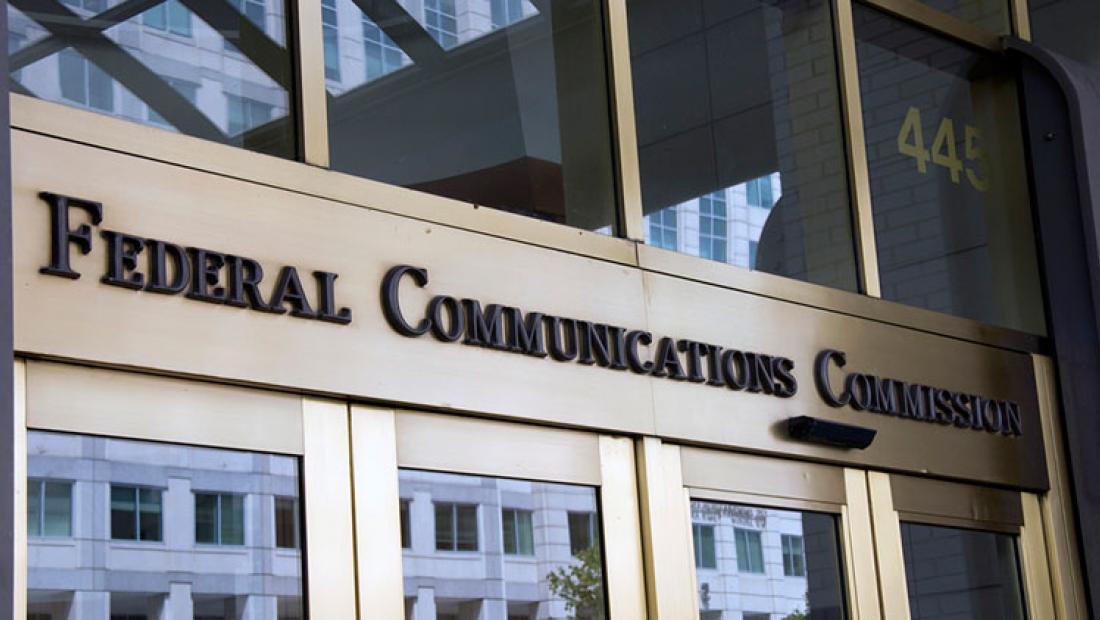FCC Extends Comment Period on Lifeline Revamp

The smarter way to stay on top of broadcasting and cable industry. Sign up below
You are now subscribed
Your newsletter sign-up was successful
The FCC has given commenters an extra four weeks to comment on the commission's Nov. 16 decision to re-reform its Lifeline communications subsidy program.
The deadlines for comment had been Jan. 24 for initial comments and Feb. 23 for replies. The dates are now Feb. 21 and March 23, respectively.
The National Hispanic Media Coalition had requested an eight-week extension, but the FCC's Wireline Telecommunications Bureau concluded that an extra four was enough to provide a more robust record.
Related: House Dems Seek GAO Review of Lifeline Verifier
"We find that good cause exists to grant a four-week extension of time for commenters to file comments and reply comments in this proceeding," said Bureau chief Kris Anne Montieth, but not eight weeks. "We believe that a four-week extension of both the comment period and reply comment period will allow commenters sufficient time to prepare their comments and reply comments without unduly delaying the Commission’s resolution of the issues raised in the 2017 Lifeline NPRM and NOI," Montieth wrote in granting the partial extension.
The FCC revamped the Lifeline program under previous chair Tom Wheeler, but FCC chair Ajit Pai opposed not only many of those changes but the process that produced them, including the collapse of a last-minute bipartisan deal between the Republicans and Democratic Commissioner Mignon Clyburn.
Under Pai's November remake, which included an order, a proposed order and an inquiry, the FCC--in the order part--"clarified" that premium Wi-Fi did not qualify as mobile broadband under the subsidy, increased the portability of Lifeline service among carriers and targeted support for rural areas on tribal lands only to those lands.
There was also an accompanying notice of proposed rulemaking (a proposed order) that seeks comment on, among other things, capping the program--the most contentious issue in the previous Lifeline revamp--ending preemption of states' role in eligible telecommunications carrier designations, proposes to target lifeline to facilities-based broadband capable nets offering voice and broadband--the FCC has been migrating its telecom subsidies from voice to broadband over the past several years.
Related: Bitterly Divided FCC Votes Lifeline Reforms
It also seeks comment on improving the eligibility verification and recertification process. One of the things Pai did early on was to revoke the most recent round of certifications until the FCC addressed the verification issue. Pai's stated goal is to prevent waste, fraud and abuse, something he has long targeted in the program, though critics of the deal suggested it was a draconian hit on lower income residents denied service.
Finally there was a notice of inquiry, sort of a fact-finding prelude to a possible rulemaking proposal, seeking comment on better targeting the funds to those who need it most.
The smarter way to stay on top of broadcasting and cable industry. Sign up below
Contributing editor John Eggerton has been an editor and/or writer on media regulation, legislation and policy for over four decades, including covering the FCC, FTC, Congress, the major media trade associations, and the federal courts. In addition to Multichannel News and Broadcasting + Cable, his work has appeared in Radio World, TV Technology, TV Fax, This Week in Consumer Electronics, Variety and the Encyclopedia Britannica.

